When you apply for a mortgage, your lender will do some quick math to figure out how much of a loan you can afford. Your lender will consider many factors, and one of the most important ones is your debt-to-income ratio.
The Minimum Credit Score For VA Home Loan Approval: What To Know
When you are applying for a home loan, you need to make sure that you meet the minimum credit score requirements. If you decide to go with a traditional loan, the credit limit can be high, making it hard to qualify for a home loan. In contrast, you might be able to qualify for a VA home loan with a much lower credit score. What do you need to know?
Understanding Your FICO Score and Why Small Credit Mistakes Can Cause Huge Headaches
Many people all over the world are dealing with issues involving debt or poor credit history, but most aren’t necessarily aware of what exactly makes up their credit score. Unfortunately, it might seem like it’s the big stuff that counts when it comes to credit, but little things can have a significant impact on your financial health. If you’re looking to improve your understanding and your finances, here’s what you need to know about small mistakes and your FICO score.
Mortgage Shopping And Your Credit Score
The vast majority of people have to take out a home loan to purchase a house. This means applying for a mortgage. Unfortunately, shopping for a mortgage can actually hurt your credit score.
The Top Questions To Ask A Mortgage Lender
With many people interested in taking out a home loan, it is critical for potential homeowners to think carefully about which loan structure is right for them.
- « Previous Page
- 1
- 2
- 3
- 4
- 5
- 6
- …
- 8
- Next Page »


